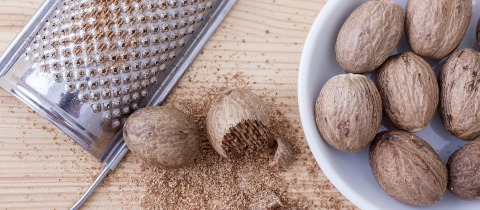Cat urine is not really different from other animals’ urine, yet many people think of cat urine as one of the hardiest smells in nature. Urine is a concentrate of metabolic waste and is comprised of urea, creatine, uric acid, various detoxified substances, sodium chloride and other electrolytes. It owes its characteristic yellow colour to urobilogen.
What gives cat urine such a bad name is the fact that the urine is usually left unnoticed until it becomes a problem. Cats have a propensity to mark their territory outside the litter box, be it on the carpet or in hidden corners.
After a while, bacteria decompose the urea and give off an ammoniacal odour characteristic of stale old urine. The second stage of the decomposition process emits mercaptans, compounds which also give skunk spray its nasty smell. Of course, other factors give each animal its distinctive smell. Older animals have kidneys that have lost some of their efficiency and as a consequence, older animals tend to have the worst smelling urine. Urine from male cats also tends to smell worse than female urine, due to the presence of certain steroids.
How can we get rid of the problem? The first challenge is to locate the urine. This is easily achieved if you’ve stepped barefoot into a puddle or if the urine has already stained your floor or discoloured your carpet. If you cannot spot the urine, ultraviolet light will make it glow.
Once you’ve located the urine, you need to remove it. Most products sold on the market as cat urine removers make use of a specific enzymatic reaction: the hydrolysis of urea. Enzymes are proteins that speed up chemical reactions. In other words, the enzymes break up the urea into carbon dioxide and ammonia, two gases that evaporate quickly. So there it is: the urine is gone before it has had any chance of turning nasty. The only problem with cleaning agents containing enzymes is their limited shelflife. Enzymes loose their efficiency with time.







